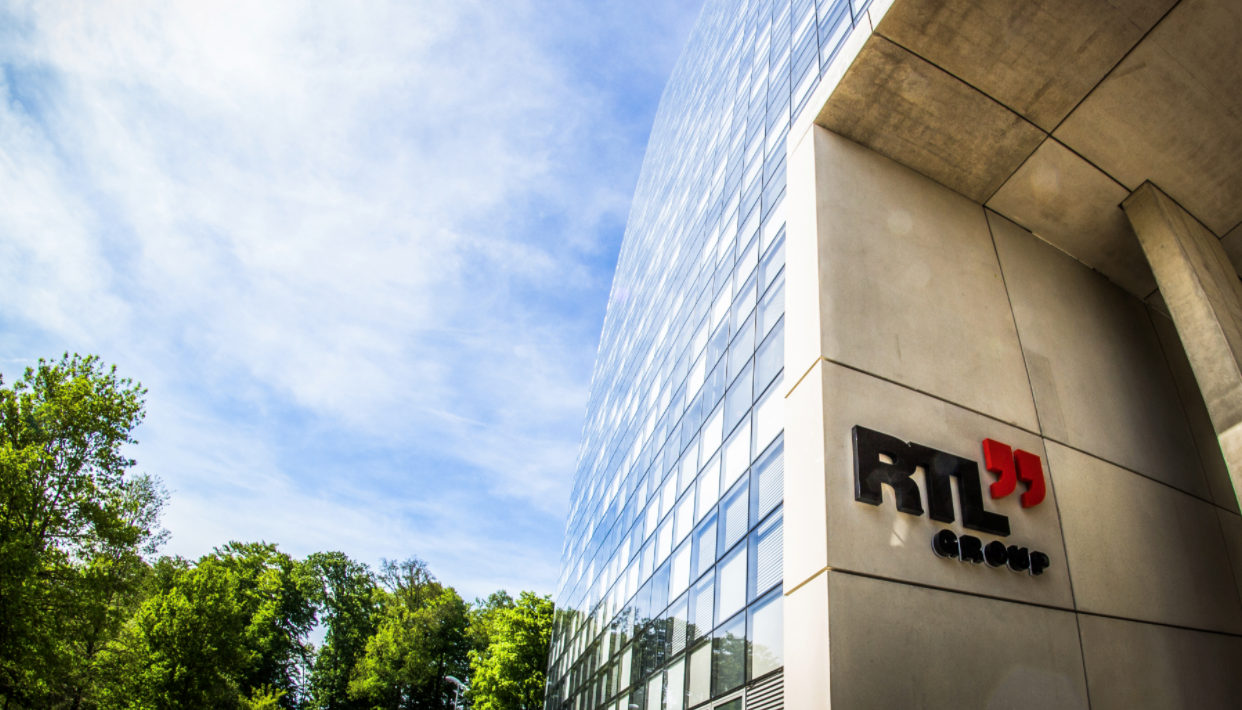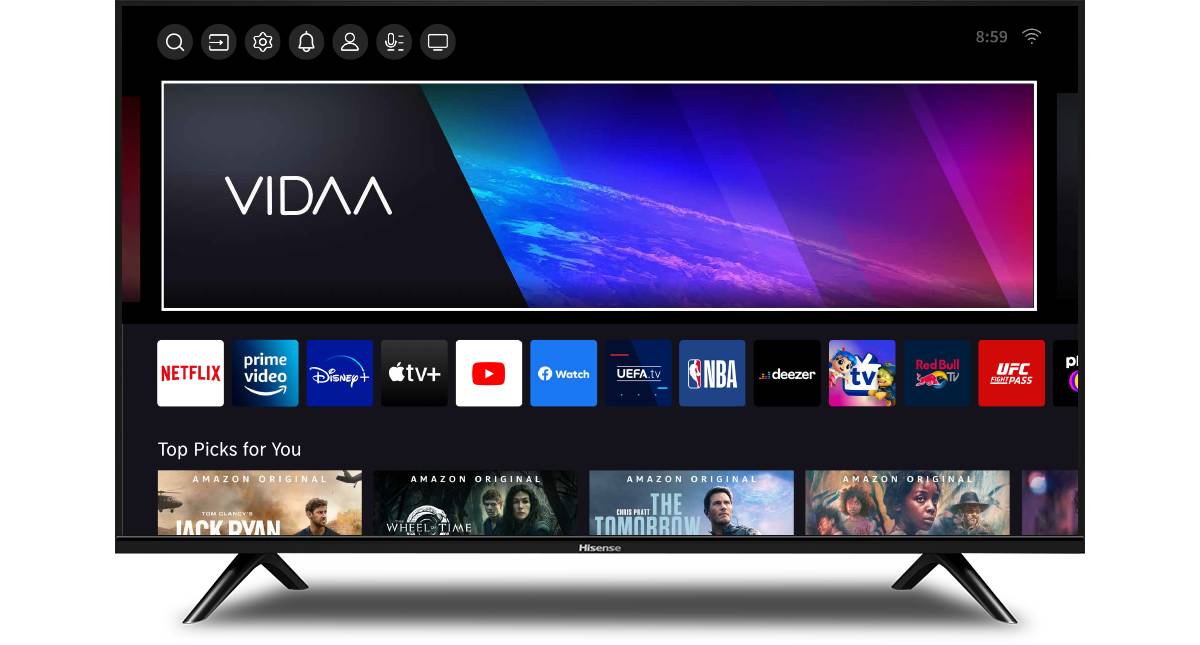ID5, an identification services provider, has raised $20 million in its latest funding round, the company announced this morning. The Series B funding marks the largest investment in the identity space to date, according to the London-based business, and sees Sir Martin Sorrell’s S4S Ventures join the ranks of investors in the identity specialist.
The round also brings TransUnion on board, alongisde ID5’s existing investors, namely Progress Ventures, Seventure Partners, 360 Capital Partners, Axio, and Aperiam Ventures. Sanja Partalo, Co-Founder and Managing Partner of S4S Ventures, and Michael Schoen, EVP and head of TruAudience marketing solutions at TransUnion, have additionally joined the ID5 board of directors.
The announcement comes ahead of Google’s deprecation of third-party cookies in Chrome, and according to ID5 CEO and Co-Founder Mathieu Roche, provides a welcome seal of approval from the buy-side.
“A big part of the frustration around the identity space is that brands and agencies have been the last piece of the puzzle to fall in line; everybody’s been waiting for buyers to be involved,” Roche tells VideoWeek. “And so I think having this kind of buy-side endorsement is really interesting for us because it gives us validation that what we’ve built works for them as well; we know that it works for publishers, we’re the most adopted ID solution on the market from a publisher standpoint. But this is also a validation that it also works for marketers and agencies.”
Not if but when
That frustration has been building over the past few years, as the deadline for the “cookie apocalypse” loomed closer into view with seemingly little doomsday prepping on the publisher side. Roche considers this caution understandable, especially among bigger players who can afford to wait for early adopters to move before making their own investments in cookie-free alternatives.
“Publishers have been burned before by people selling them a silver bullet,” he notes. “Having a more thoughtful approach is I think a good thing.”
But as Google’s deadline finally approaches, digital advertising companies are running out of time. “It’s not about if, it’s when the cookie goes away, publishers and agencies and brands need to have a means of making advertising addressable and measurable,” says Roche. “I understand people being cautious three, four or five years ago. I think now everybody’s pretty much on board with the approach. And it’s just a question of prioritisation; this quarter versus next quarter.”
Glass half-full
The involvement of Sir Martin Sorrell’s S4S Ventures marks a key investment from the businessman who has compared cookie deprecation to Y2K.
Roche concurs that the resulting loss of measurability and addressability would “send the industry back 20 years” in terms of publishers’ ability to engage with audiences. Roche says the fallout would concentrate more advertising dollars into Google and Meta, whose walled gardens would still enable the targeting and measurement capabilities sought by digital advertisers.
That is why Roche urges premium publishers to build mechanisms to make their inventories addressable and measurable. He notes that publishers can currently sell 50 percent of their audience, the proportion that supports cookies. “There’s a risk of going from 50 percent to zero, but there’s an opportunity for going from 50 to 100,” he says. “And that’s the glass half-full way of looking at this. We’re trying to make people realise there’s a much better world out there, where publishers get a massive increase in monetisation when they turn on something like ID5.”
Turning to TV
When he says “something like ID5”, Roche clarifies that he means ID5. He suggests three reasons the identifier is differentiated from other identity solutions on the market: firstly, the company is a core identity player whose interests are aligned with its clients. “We’re not doing this to feed into a data business or to feed into a media business like other people are doing,” he says.
Secondly, the solution is signal-agnostic, allowing ID5 to identify devices, whether on mobile, TV or desktop, without the user needing to be authenticated or logged-in. And thirdly, Roche notes the value of ID5’s traction and adoption as a currency: “The more people who use a currency, the more valuable the currency becomes.”
Now with the latest raise, ID5 is able to sustain its growth and invest in similar identity solutions for TV environments. “We’re growing 100 percent year on year so there’s a lot of fuel that’s needed just to maintain that pace,” comments Roche. “And in terms of value proposition, we’re already looking beyond cookies and beyond the web, because identity is also very important in TV.”
Rather than the end of all things measurable, cookie deprecation could just be the beginning of signal loss across different screens. “We have similar legacy identification methods that are being challenged, like IP addresses and Mobile Ad IDs,” says Roche. “And that needs to be replaced with something that works better and is more secure, more compliant with privacy regulation – and that is what we’re building.”




